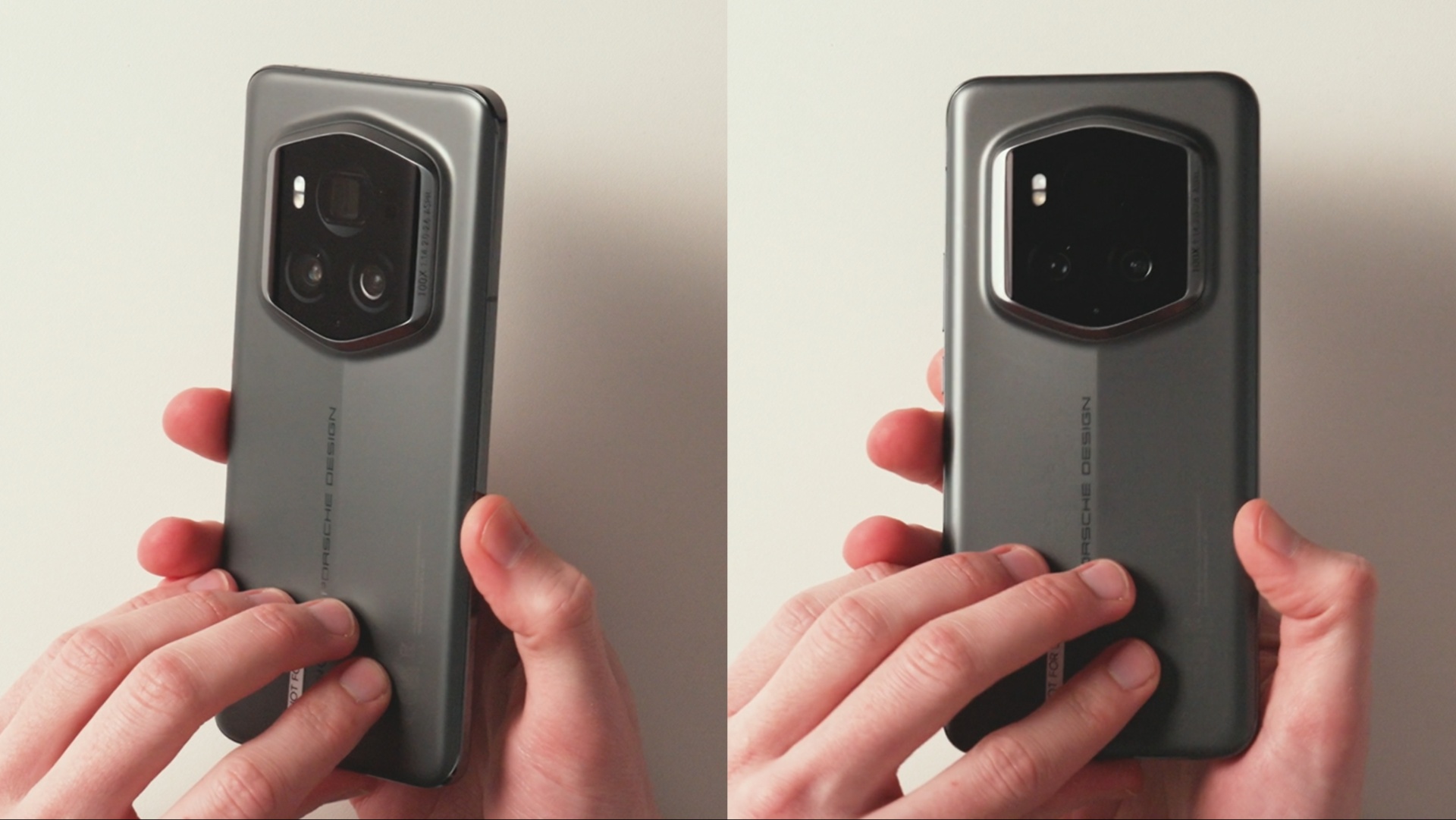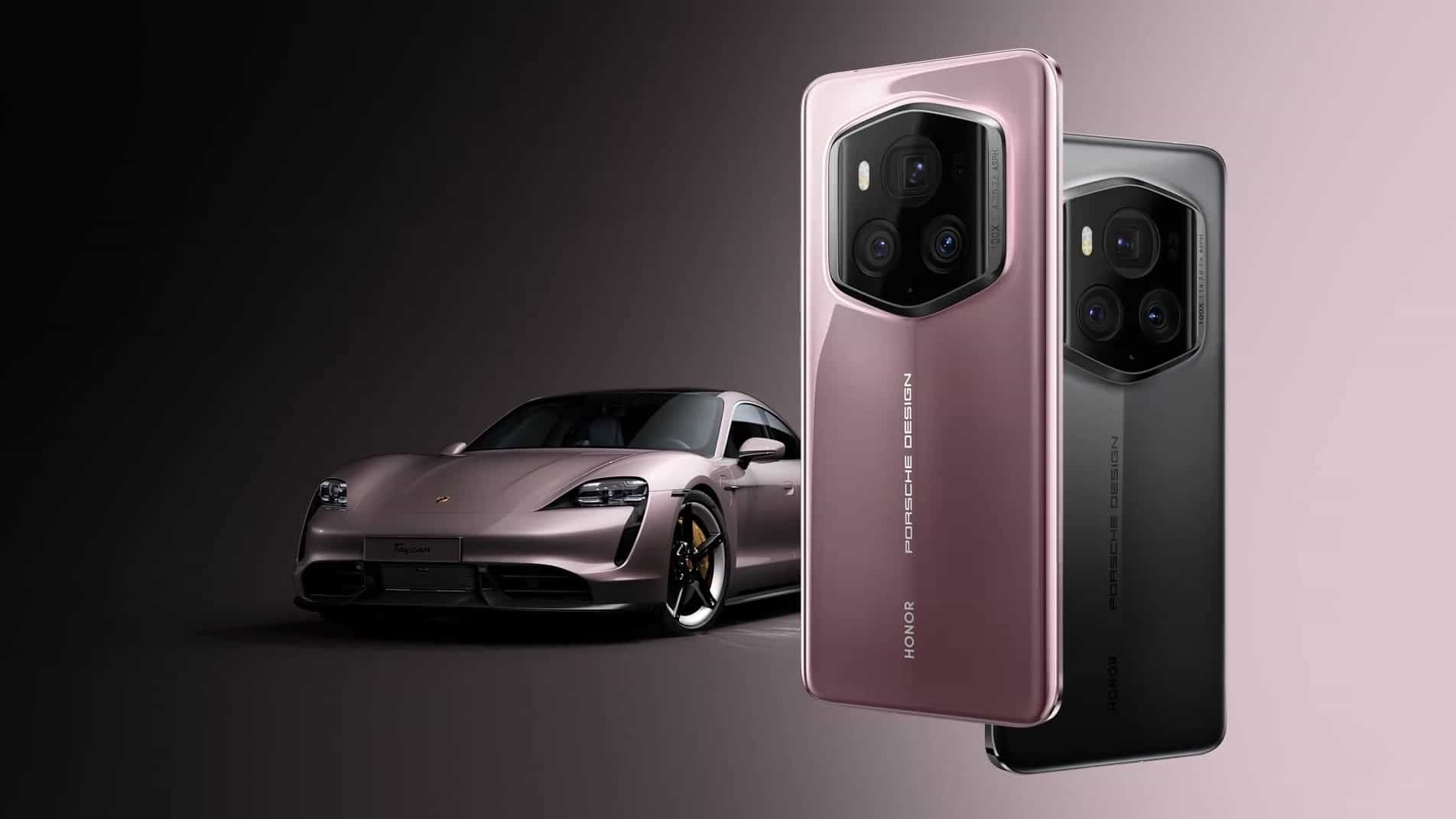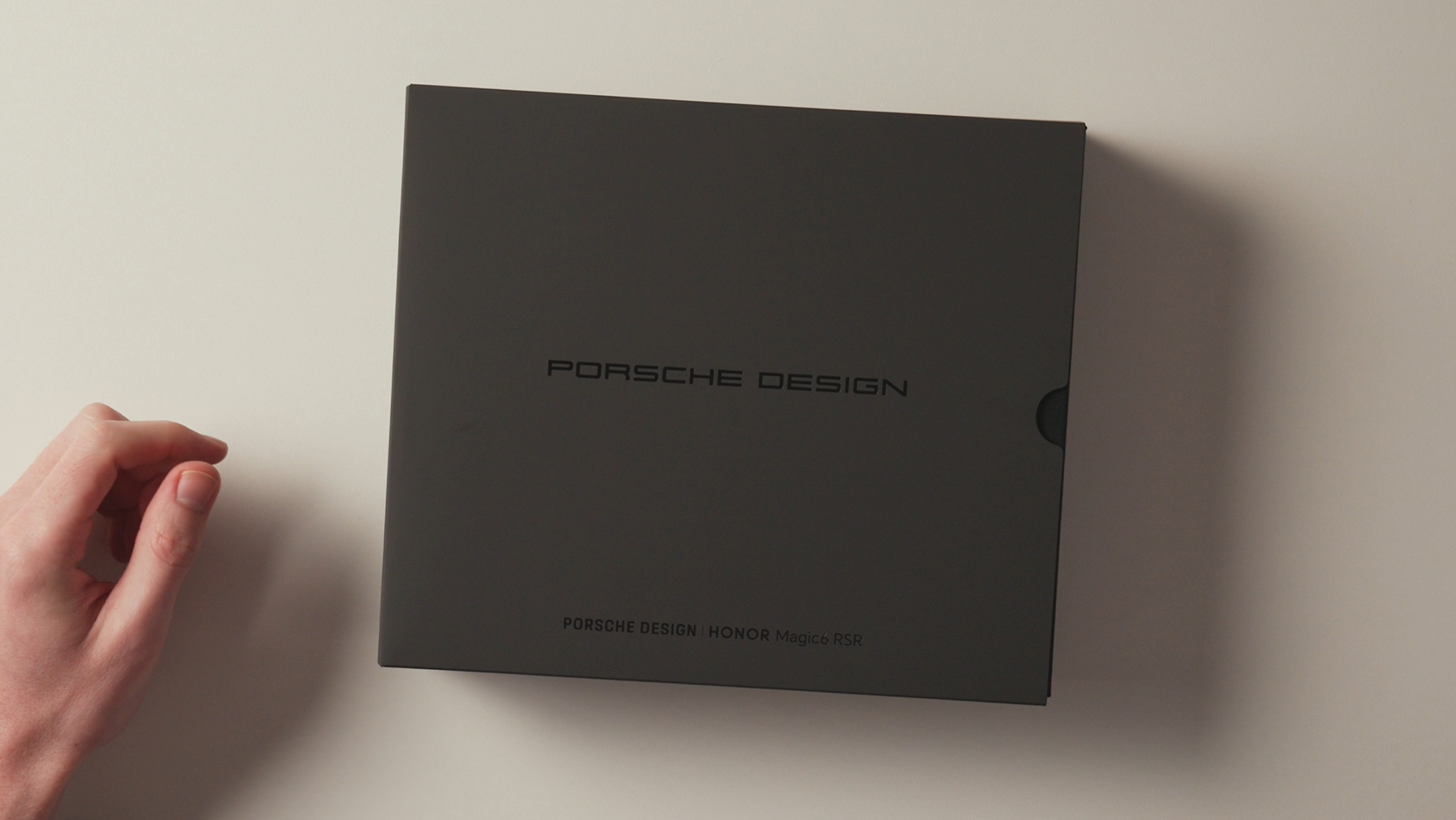Honor's Porsche Design Magic 6 RSR is the luxury smartphone for your mid-life crisis

Sign up for breaking news, reviews, opinion, top tech deals, and more.
You are now subscribed
Your newsletter sign-up was successful
It’s a well-known cliché that men of a certain age turn to the excitement of a Porsche 911 when their youthful mojo begins to fade, and while not everyone can afford to splash the cash on a six-figure sports car, Honor’s newly released (and equally good-looking) Porsche Design smartphone could deliver comparable thrills for a fraction of the price.
Designed in collaboration with the eponymous design studio, the Porsche Design Honor Magic 6 RSR is essentially a souped-up version of the Honor Magic 6 Pro, and the second Porsche Design collaboration to emerge from Honor’s R&D labs after the Porsche Design Honor Magic V2 RSR (check out TechRadar's TikTok channel for a look at that device).
Specs-wise, the Magic 6 RSR is almost the same phone as the Magic 6 Pro, but there are some key distinctions between the two. Both devices share an identical Snapdragon 8 Gen 3 chipset and 5,600mAh battery, but the 6.8-inch OLED display on the Magic 6 RSR is actually made up of two, stacked OLED panels, rather than one (which supposedly minimizes brightness degradation). The Magic 6 RSR also gets the same three rear cameras as the Magic 6 Pro, though the former benefits from a neat new LiDAR autofocus system, which makes it sound suitably futuristic.
Under the hood, the Magic 6 RSR’s Snapdragon 8 Gen 3 chipset is aided by a whopping 24GB of RAM and an even-more-whopping 1TB of storage (where its standard sibling ships with 12GB of RAM and 512GB of storage), which puts even the most specced-up versions of the Samsung Galaxy S24 Ultra and iPhone 15 Pro Max to shame (more on these phones later).
German engineering for your phone

The biggest differences between the Magic 6 RSR and the Magic 6 Pro, though, come on the design front. Being a Porsche Design phone, it’s no surprise that the rear panel of the Magic 6 RSR looks a lot sportier than its standard sibling; in truth, the Agate Grey model wouldn't look out of place on Batman’s utility belt (the phone also ships in Frozen Berry: a pinkish color that doesn’t scream ‘Caped Crusader’ in quite the same way).
As on the Magic V2 foldable, Honor says this rear panel design is a nod to the iconic flyline of Porsche cars – this time the all-electric Porsche Taycan (mid-life crisis alert!) – and the Magic 6 RSR’s camera module has also been jazzed up with a neat-looking hexagonal module. I’m a big fan of the Magic 6 Pro’s unique design, but I have to admit that the raised contour on the Magic 6 RSR feels ever better in the hand.
On the front, the Magic 6 RSR boasts a thin layer of Honor’s super durable NanoCrystal Shield, which is made using silicon nitride. In other words, this phone’s display is a lot tougher than that of the standard Magic 6 Pro, which is handy given how expensive it is.
Sign up for breaking news, reviews, opinion, top tech deals, and more.

And now for the price: the Porsche Design Honor Magic 6 RSR costs £1,599, and is available to buy from Honor’s website or Porsche Design directly. The phone is unlikely to ship in the US or Australia, but will go on-sale in other European regions soon.
Now, I know what you’re thinking: “£1,599 for a phone? You must be joking!”. And sure, that’s a lot of money for a 6.8-inch pocket computer. But wait! The Magic 6 RSR is actually no more expensive than the 1TB variants of the Samsung Galaxy S24 Ultra (£1,549) and iPhone Pro Max (£1,599), and neither of those phones offer anywhere near as much RAM.
You also get a smart-looking, Porsche-branded leather case included in the box with the Magic 6 RSR, as well as Honor’s 100W SuperCharge fast charger. Neither Samsung nor Apple offer such luxuries with their respective latest flagships.
So, while I wouldn’t exactly describe the Magic 6 RSR as good value for money, it’s certainly not the worst-value proposition on the mobile market right now. It’s essentially an even better version of the best Honor phone, so if you’re looking to invest in a head-turning smartphone that makes you feel like you own a Porsche, the Honor Magic 6 RSR could be for you.
You might also like

Axel is TechRadar's Phones Editor, reporting on everything from the latest Apple developments to newest AI breakthroughs as part of the site's Mobile Computing vertical. Having previously written for publications including Esquire and FourFourTwo, Axel is well-versed in the applications of technology beyond the desktop, and his coverage extends from general reporting and analysis to in-depth interviews and opinion.
Axel studied for a degree in English Literature at the University of Warwick before joining TechRadar in 2020, where he earned an NCTJ qualification as part of the company’s inaugural digital training scheme.